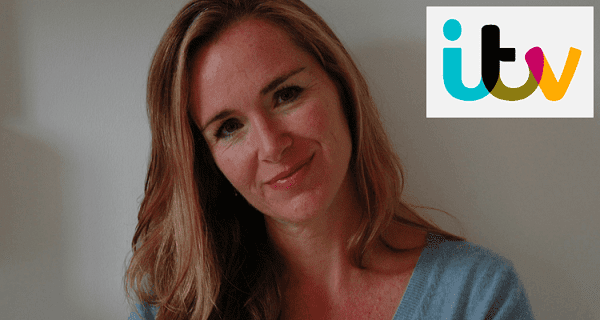Saskia Schuster made this milestone call after an audit of ITV’s comedy shows revealed “an awful lot” of all male writing teams and a distinct lack of female voices.
ITV is one of the largest broadcast production and distribution companies in the UK.
In response to the stark imbalance, Schuster founded the initiative Comedy 50:50, creating a database of female writers which is free for producers to access.
In a statement on the Comedy 50:50 website, Schuster commented that while on screen female representation at ITV comedy was on track with 50:50 representation, the writing rooms were a different, bleaker story.
Gender inclusion is now a requirement of any new comedy production from the ITV studio. Returning scripted commissions must also demonstrate “best endeavours” to include female writers in the writing room.
“An awful lot of my comedy entertainment shows are made up of all male writing teams. In scripted commissions there has been a significant lack of shows written by women or with women on the writing teams,” Schuster wrote on Comedy 50:50.
“I next took a look at script submissions and the picture was that for every five scripts sent to me written by a man, I’d get one script written by a woman.”
Schuster started having conversations with producers, agents and writers and discovered some telling findings about the state of gender equality in comedy writing.
Here’s what she found:
- Female writers aren’t being hired onto writing teams because they can’t compete with male writers who commonly have accumulated more writing credits. This reflects the long standing culture of comedy being male dominated.
- Female writers find it hard to find producers to work with who ‘get’ their voice and can thereby develop a script to its full potential. This reflects the difficulty of broadening personal networks and producer/writer relationships – partly relating back to the problem of not gaining enough writing credits to even get that first meeting.
- Female writers often don’t thrive as the lone female voice in the writing room. Too often the writing room is not sensitively run, it can be aggressive and slightly bullying. There can all too often be a sense of tokenism towards the lone female. Or the dominant perception is that the female is there purely so the production can hit quotas. Many women don’t want to be or don’t enjoy being that lone female.
- Producers often don’t know how to expand their circle of female writers with whom they work and many feel frustrated that they know only a small pool of talent upon which to draw.
Who says there are no female writers out there? Here are hundreds, conveniently assembled all in one place for you producers. https://t.co/UPKbMvlqR2
— Saskia Schuster (@saskia_schuster) February 27, 2019

